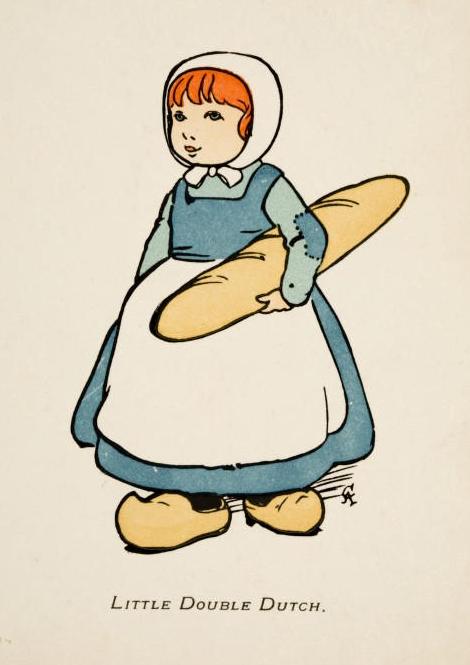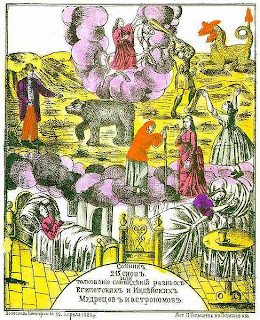In the tradition of On the Beach, Reds and other poignant but socially ambitious and uncomfortable cinematic works, my mother referred us to a long buried film made for television to which much talent was again given freely under the scripting of Rod Serling, of Twilight Zone fame, called A Carol for Another Christmas.
Friday 29 March 2013
just u.n. me or who is john galt?
catagories: 🌪️, 🎬, 📺, foreign policy, holidays and observances, Wikipedia
Wednesday 27 March 2013
mixed metaphor
catagories: 🇪🇺, 📺, economic policy, foreign policy
geselle, gestalt
Walking around the gorgeous neighbourhoods, I notice certain placards and think Notar, a notary-public, might be a good career-path for me since they always live in really posh places, it seems.
Monday 25 March 2013
hypnos
While I fully believe that there are many abiding mysteries, I don’t often heed my own dreams. Forgettable brilliance is just that—I reason, and probably indicative of the dose of self-therapy, the stepping back that one needs or doesn’t need at the time and conducted in a nebulous way, behind the scenes. I indulged a strange succession of dreams, however, recently, relaxed and running some onerous administrative tasks on my computer, including defragmenting the hard-drive.
Sunday 24 March 2013
charter
Although influence-peddling and lobbying is no stranger to modern-day political syndicates, it is interesting how this sometimes shadowy and sometimes blatant phenomenon has not had a direct line of succession and has historically enjoyed many different levels of tolerance.
 While the company’s most famous exploits concerned the spice-trade, they were also responsible for introducing tulips from Turkey to Europe, which lead to the creation of the world’s first stock-market and first economic bubble and subsequent crash. Many battles ensued among these competing companies, whom all European powers were eager to proxy, and the exploits of colonialism propagated much suffering for the colonialized. Business further diversified to coffee, textiles and china, and late in its career, the Dutch East India Company took on the role of creating and regulating a network among Asian countries, which did not exist beforehand. Businesses are not given such de facto powers any longer, but I wonder if the environment is not so different, and whether sanctioned or permitted, encouraged, if industry has the largess to proceed unchallenged. Do you think it’s better to suffer liberal but defined powers or face a technocracy that respects none?
While the company’s most famous exploits concerned the spice-trade, they were also responsible for introducing tulips from Turkey to Europe, which lead to the creation of the world’s first stock-market and first economic bubble and subsequent crash. Many battles ensued among these competing companies, whom all European powers were eager to proxy, and the exploits of colonialism propagated much suffering for the colonialized. Business further diversified to coffee, textiles and china, and late in its career, the Dutch East India Company took on the role of creating and regulating a network among Asian countries, which did not exist beforehand. Businesses are not given such de facto powers any longer, but I wonder if the environment is not so different, and whether sanctioned or permitted, encouraged, if industry has the largess to proceed unchallenged. Do you think it’s better to suffer liberal but defined powers or face a technocracy that respects none?
catagories: 🌍, 🌏, 🎓, 💱, foreign policy
fascinating rhythm or third eye blind
I regret that I don’t always make more time to explore the missives that I subscribed to from the AlterNet media group. There’s grey area that forms when one is more pressed for time that blurs spam with an interest that’s been backlogged. These headlines are anything but, and when I do take the time to really read beyond them, I always find something interesting, presented in a way that’s not preachy or esoteric—not that there is anything wrong with preachy or esoteric and I am sure that both adherents and detractors would take exception with those terms.
catagories: ⚕️, 🎓, networking and blogging, philosophy
Saturday 23 March 2013
life in the biq house or cold water flat
The BIQ experiment represents only one of several innovative designs set to debut in the Hamburg neighbourhood Wilhelmsburg along the wharves. It’s pretty neat that this new concept of reducing one’s ecological footprint premieres together with a calendar of holidays celebrating sustainability and the environment, and reminding us how each of us can help, in big and in modest ways.
catagories: 🇩🇪, 🌱, 💡, environment, Wikipedia













